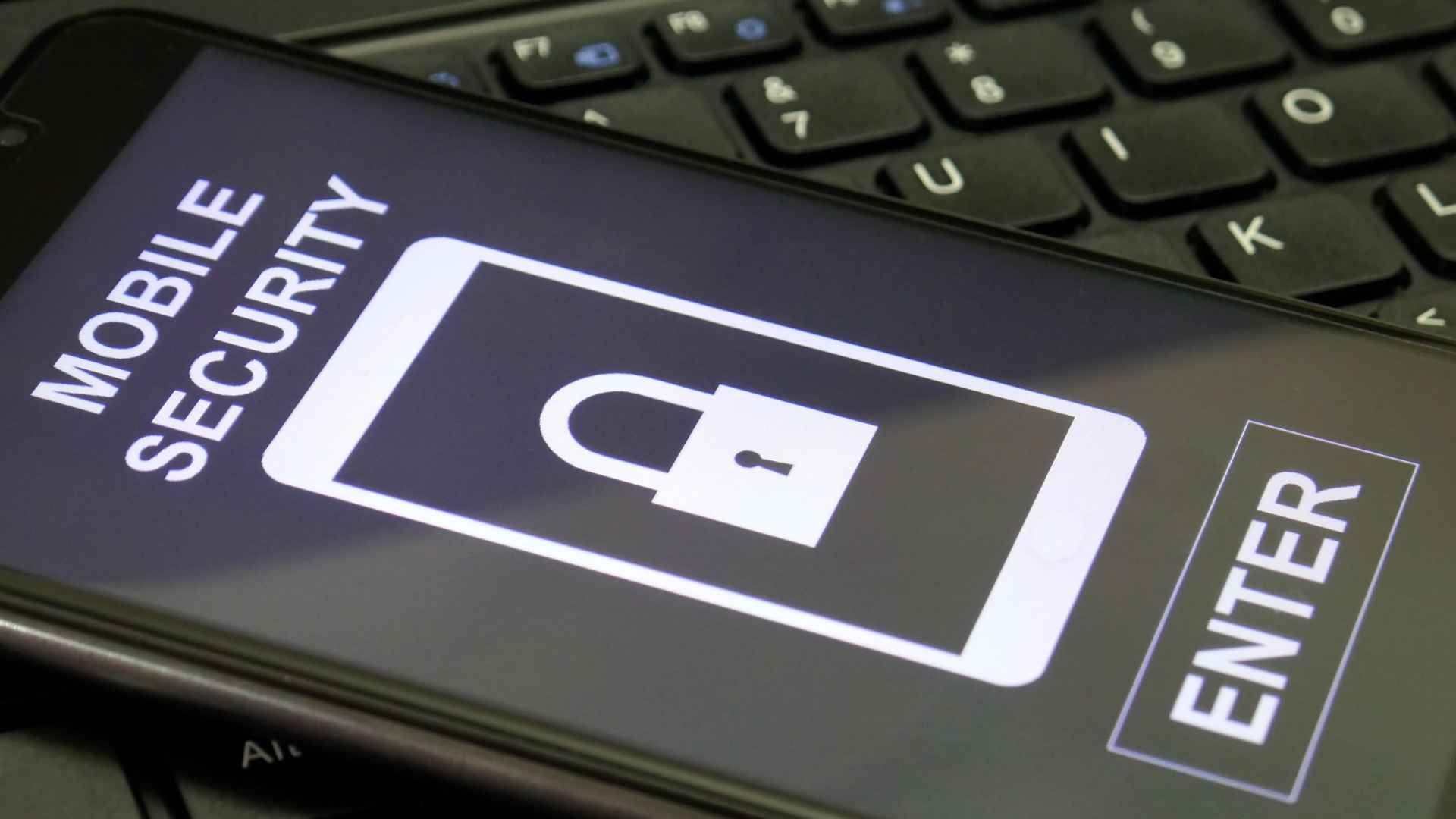INTACT MOBILE SECURITY

Technology is a blessing and a curse. It has revolutionized how we work, but it's also made us vulnerable to cybercriminals and hackers. Even if you have the best security systems in place, there's nothing that can guarantee 100% protection against cyber attacks. The only way to stay safe online is through constant vigilance: having strong passwords and devices, using anti-virus software on all devices, not clicking on suspicious links or attachments sent by unknown senders—the list goes on. But here's the thing: employees are usually the weakest link when it comes to cybersecurity issues. They're often unaware of how easy it is for them to fall prey to hackers' tricks or unwittingly provide access into their company's network while using their mobile phones outside of work hours
Ignorance is bliss, but it won't keep your data safe
Ignorance is bliss, but it won't keep your data safe. You can't just assume that your data is safe. You need to take steps to protect your data.
You may have heard the term "mobile security" before, but what does it mean? Mobile security refers to the protection of information on mobile devices and their use in day-to-day life. It also encompasses protecting critical infrastructure from cyberattacks like malware and ransomware threats on computers or networks—what we call “intrusion prevention systems” at SecureWorks Labs (SHL).
Employees are the weakest link in any security chain. They're often the first to fall victim to phishing attacks, they don't update their devices or software, and they don't know how to use security tools properly.
In order for your company's mobile security strategy to be effective, you need your employees on board with it–and this starts with getting them educated about the risks that come with using their own devices for work purposes.
Hackers don't always have to break into networks
Hackers don't always have to break into networks. They can use social engineering, phishing emails and other methods to trick users into giving up their login credentials. They can also gain access through malware that infects computers or phones and allows hackers remote access over the internet.
It's important to use a different password for each account, and it's also important to keep those passwords as strong as possible. A strong password is one that is difficult to guess, even by someone who knows you well. To make sure your passwords are strong enough, we recommend using a password manager like LastPass or 1Password (or any other of the many available options).
A great feature of these programs is that they store all of your passwords in an encrypted file on your computer or phone–so even if someone gains access to your computer or phone and has complete control over it, they won't be able to see any of your sensitive information unless they also have access to this encrypted file!
The Internet of Things (IoT) is a buzzword that's been circulating for years now. It refers to the concept that everything from your car to your refrigerator will be connected in some way, and those connections will allow them to communicate with each other over networks like the internet.
The problem with this idea is that it's easy for hackers or malicious actors to take advantage of these devices' wireless capabilities by targeting their security flaws. Because IoT devices aren't designed with security in mind–they're simply "dumb" machines without any built-in protections–they can easily be hacked into if they're not updated regularly or protected properly by other measures like firewalls and antivirus software.
Ensuring secure mobile devices and networks is crucial for any organization today
Ensuring secure mobile devices and networks is crucial for any organization today. Mobile devices are the new entry point for most cyberattacks, with many organizations failing to implement even basic password policies on their employees' phones. This can lead to serious consequences if an employee loses their phone or it is stolen, allowing attackers access to sensitive data including emails, messages and more.
The IoT (Internet of Things) is also becoming increasingly vulnerable to these types of attacks due to its rapid growth over recent years. As more devices become connected via Bluetooth or WiFi connections in our homes and workplaces, there will be no shortage of potential targets for hackers looking at ways they can exploit vulnerabilities within these systems in order to gain access into other parts of your network
The security of your company's mobile devices and networks is more important than ever before. Hackers are becoming more sophisticated, and they're targeting employees at every level of an organization. With the right tools in place, though, you can help keep your employees safe and ensure that their data doesn't fall into enemy hands.
for more info :
